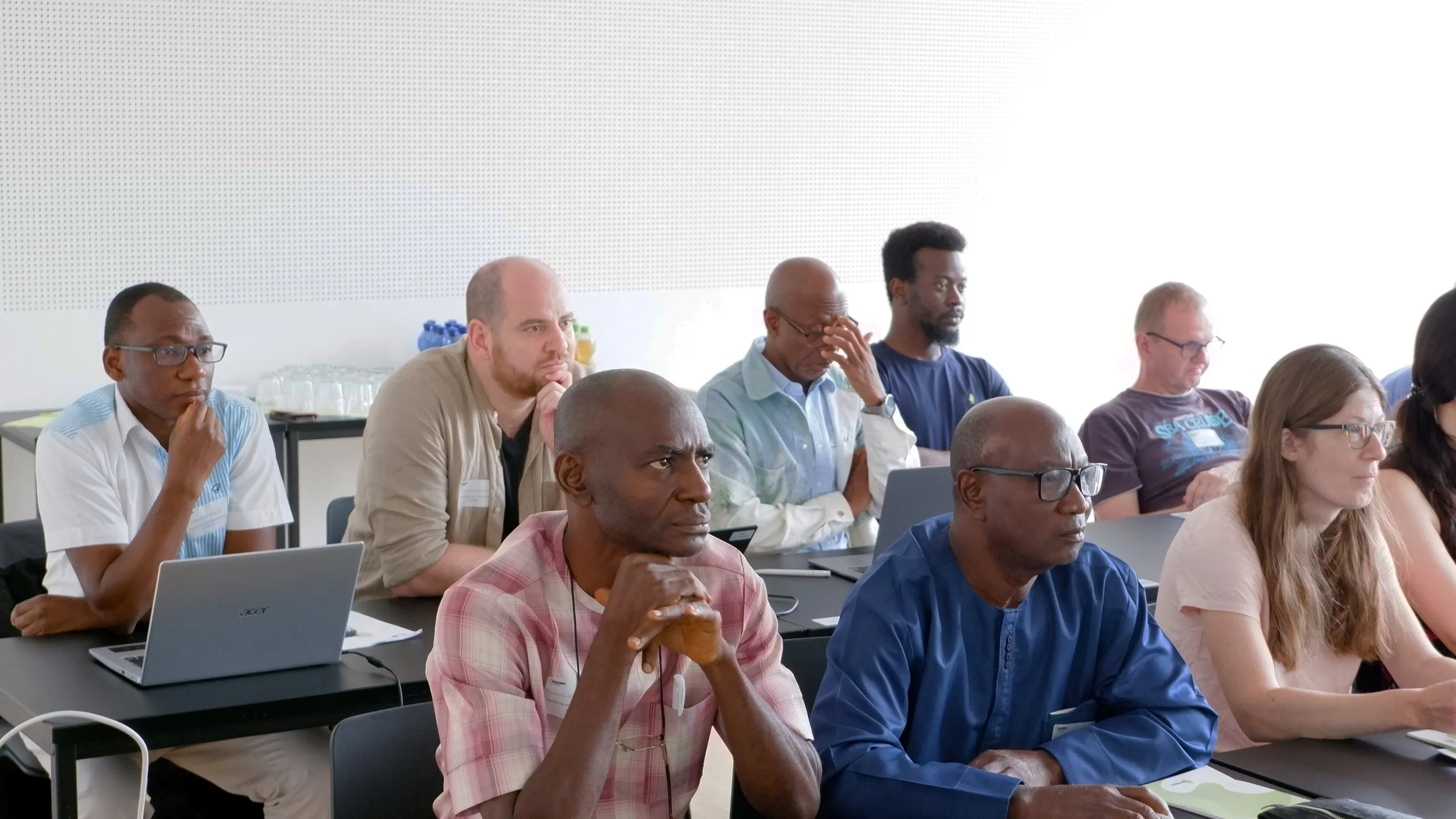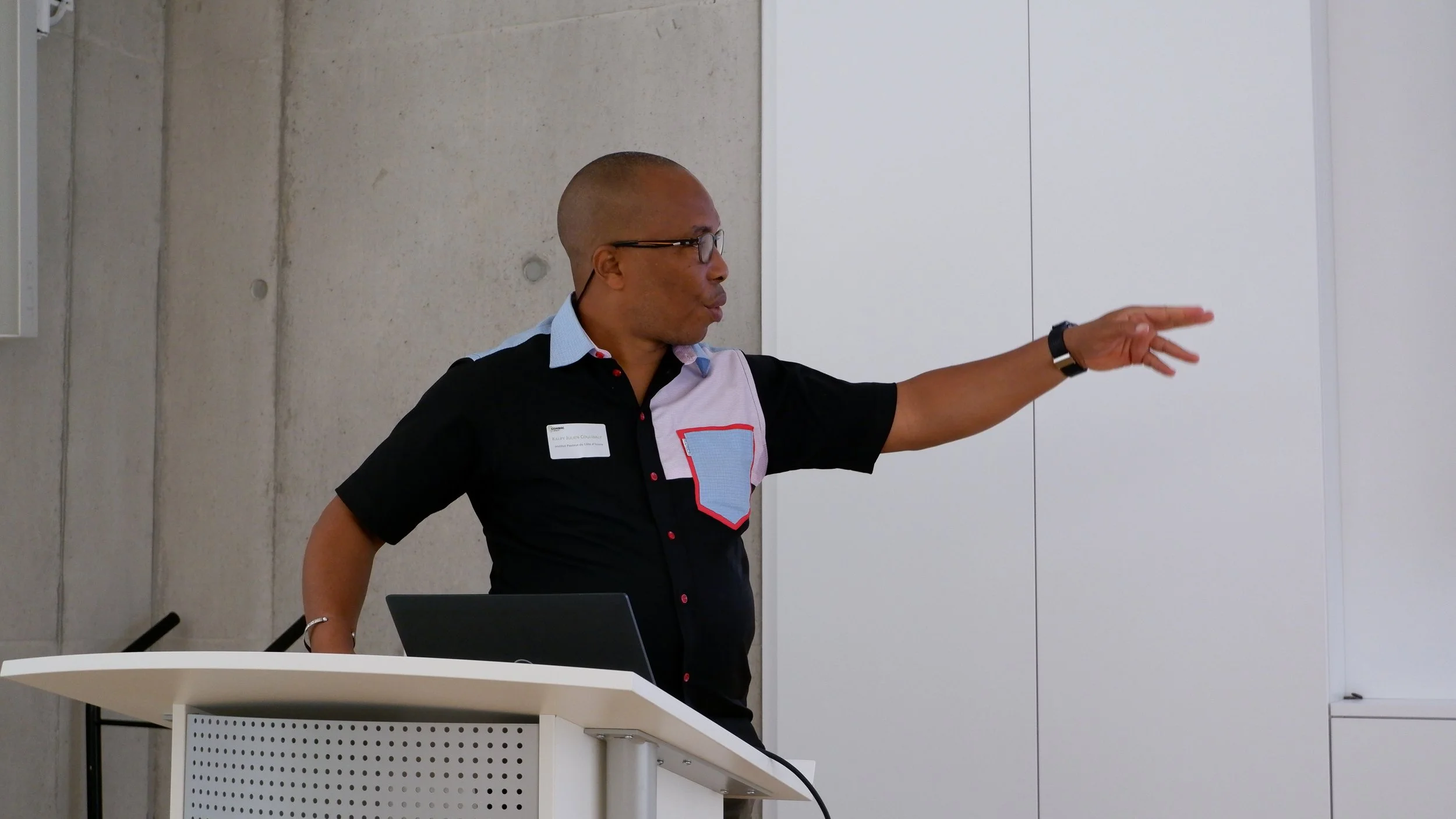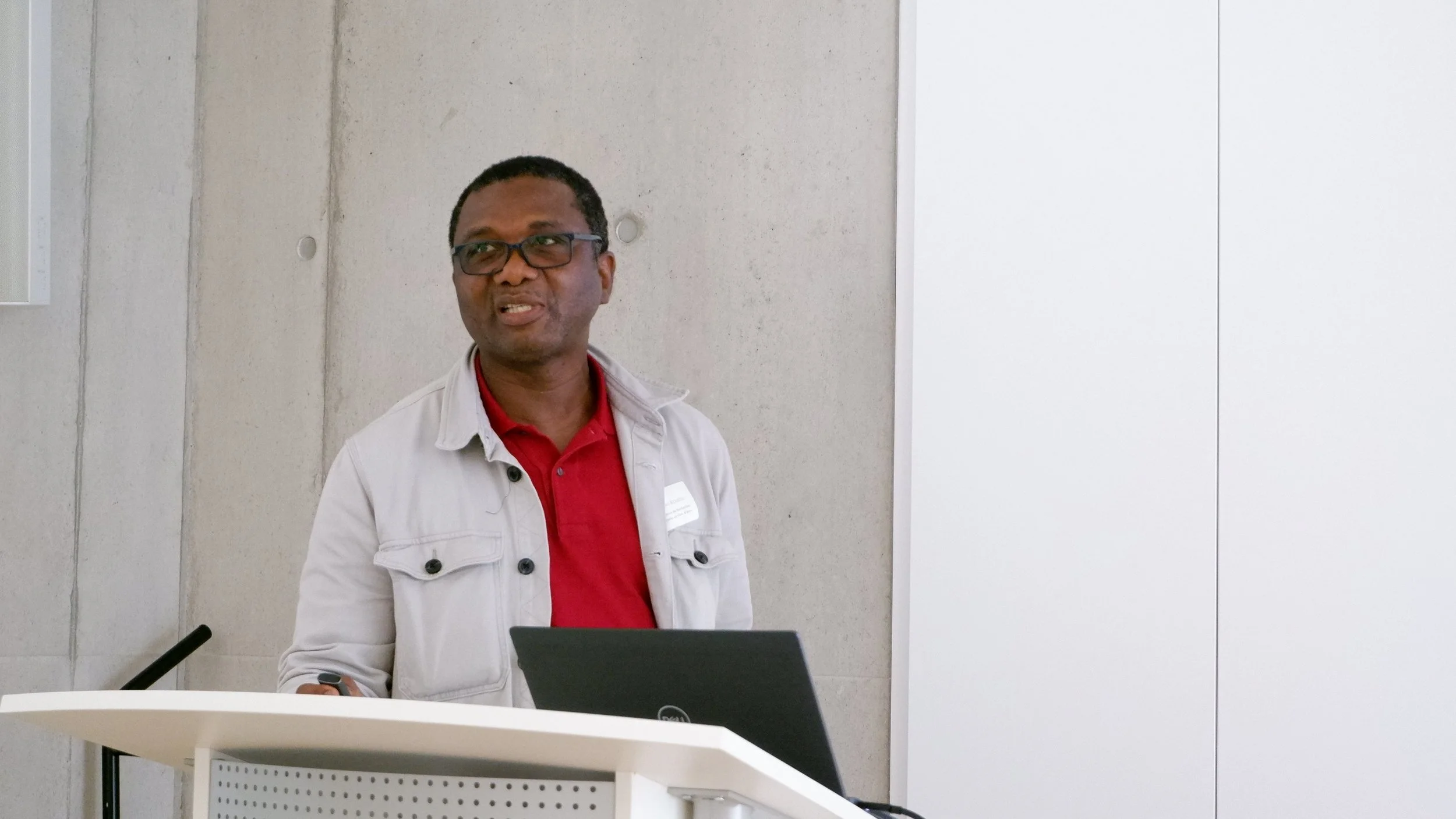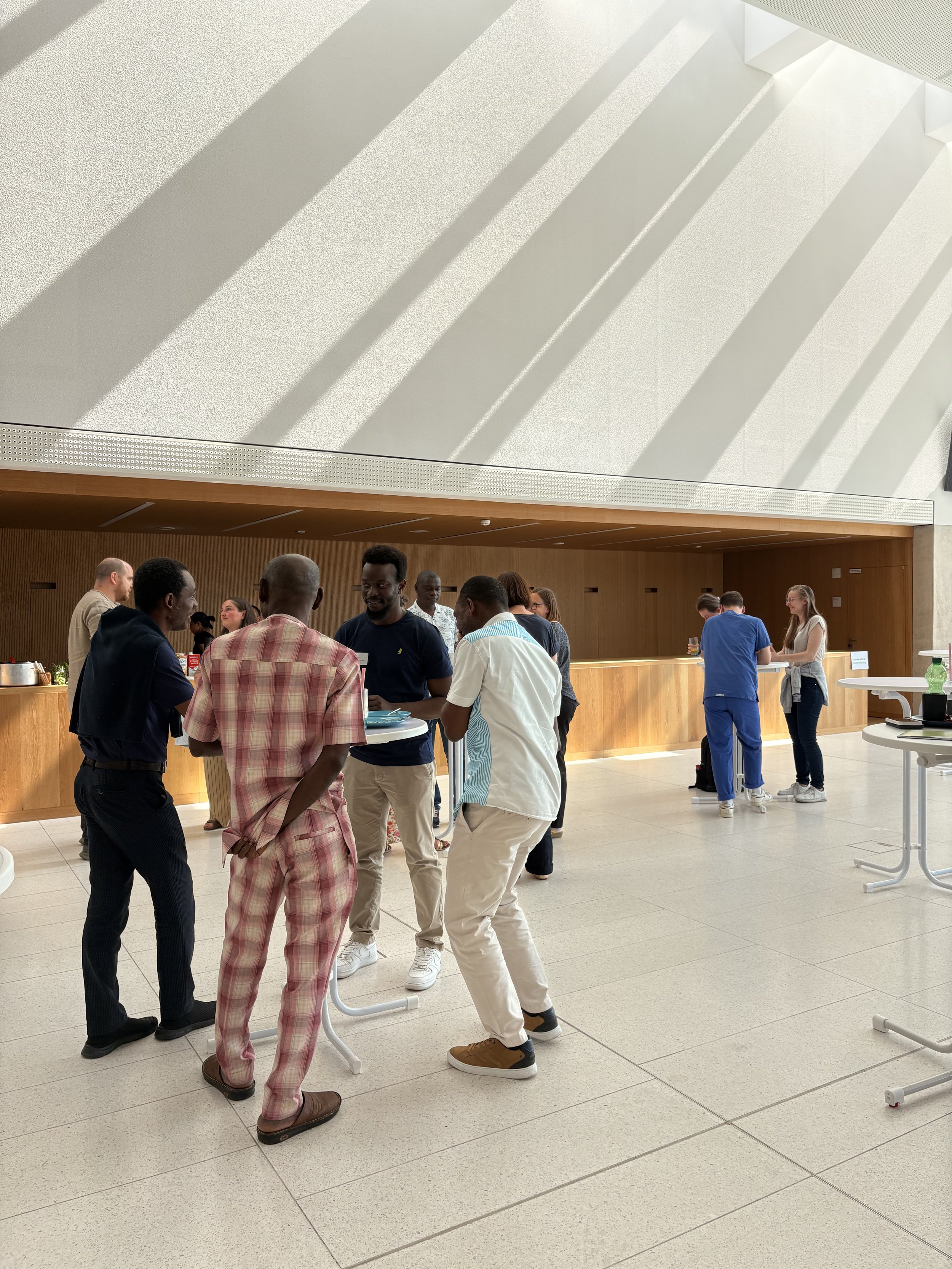ComBac-Africa consortium launches effort to combat antimicrobial resistance in sub-Saharan Africa












An important new initiative in the fight against antimicrobial resistance (AMR) officially launched last week, as members of the ComBac-Africa consortium gathered in Saarland, Germany, for the project’s inaugural meeting. From 2-4 July 2025, partners from across Africa and Europe came together to build relationships and align strategies for their work ahead.
An urgent mission
At the heart of ComBac-Africa lies an urgent public health mission: to address the growing threat of multidrug-resistant gram-negative bacteria (MDR GNB), which pose a severe risk to human, animal, and environmental health. Sub-Saharan Africa experiences some of the highest global burdens of AMR-related morbidity and mortality - yet diagnostic capabilities in many regions remain critically underdeveloped, and access to novel antibiotic treatments is limited.
The ComBac-Africa consortium aims to fill these gaps by developing a needs-adapted diagnostic and antimicrobial stewardship programme tailored to resource-limited settings. This will include the implementation of diagnostic-therapeutic algorithms to support targeted treatment and the equitable distribution of life-saving antibiotics. A key component of the project will be a clinical trial to assess the real-world impact of this approach on improving the treatment of severe infections caused by MDR GNB.
Collaborating across borders
The kick-off meeting served as a crucial platform for collaboration, with participants from Côte d’Ivoire, Guinea-Bissau, Nigeria, and various European institutions convening to initiate first steps toward ComBac-Africa’s goal to combat antimicrobial resistance.
Beyond presentations on the project’s individual work packages and in-depth planning sessions, the meeting included several dynamic working groups which came together to refine strategies for key components of the project - including enhancing diagnostic capabilities, planning data management and clinical trial logistics, and aligning ComBac-Africa’s One Health approaches. These detailed discussions were instrumental in harmonising methodologies and timelines, and will set the stage for cohesive, interdisciplinary work across institutions and countries.
In addition, partners participated in sessions focused on project management and communication, helping to ensure the smooth execution of activities and dissemination of results. By the end of the meeting, the consortium had aligned their strategic vision and taken concrete first steps to begin the next phase of the ComBac-Africa project.
Looking ahead
In the coming months, ComBac-Africa partners will advance from planning to implementation by conducting site-level assessments, finalising trial protocols, and initiating capacity-strengthening activities with local teams. These efforts mark a critical shift toward coordinated action to realise the project’s goal - reducing AMR-related burdens across sub-Saharan Africa.
We extend our heartfelt thanks to all participants who contributed to the success of ComBac-Africa’s inaugural meeting. Their dedication and collaborative spirit are vital to advancing the project’s mission and with such a productive kick-off behind them, partners are now well-equipped and energised to turn their ambitious plans into action.


